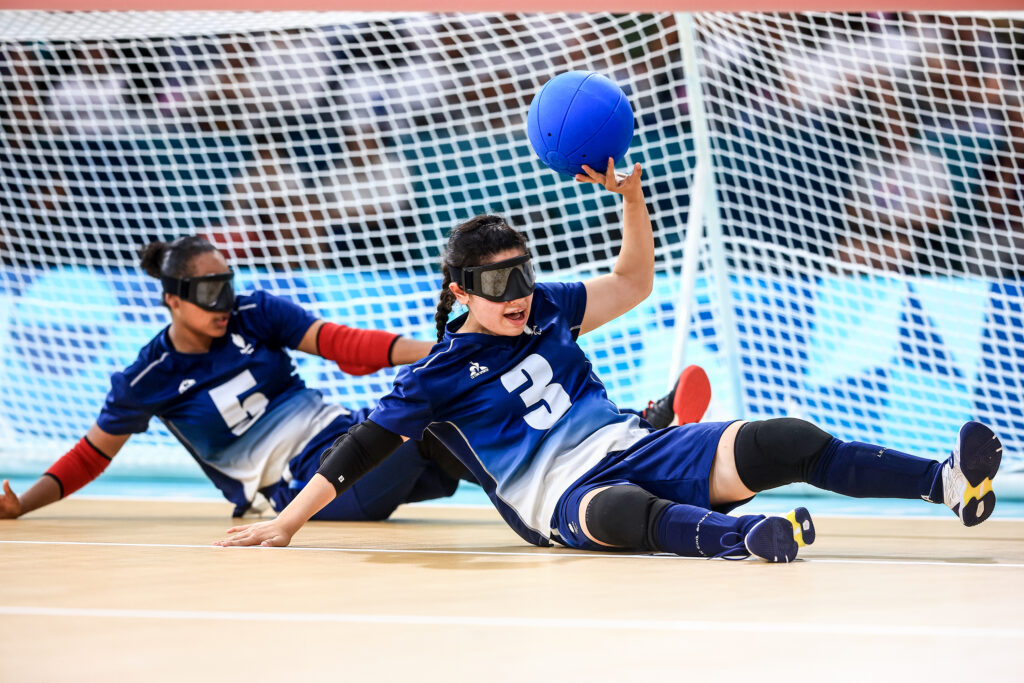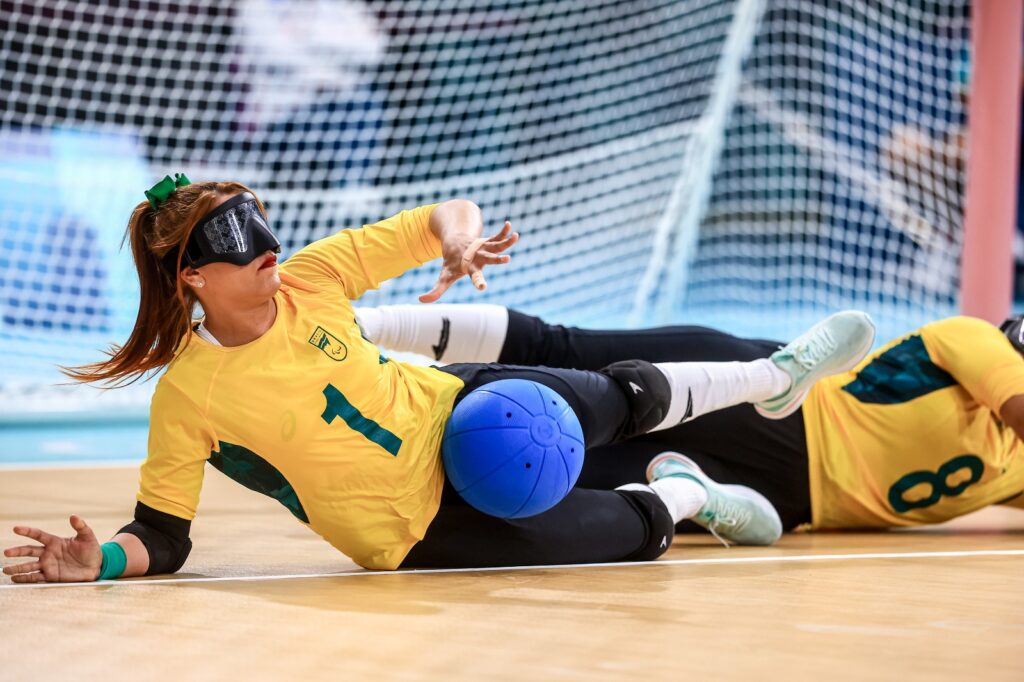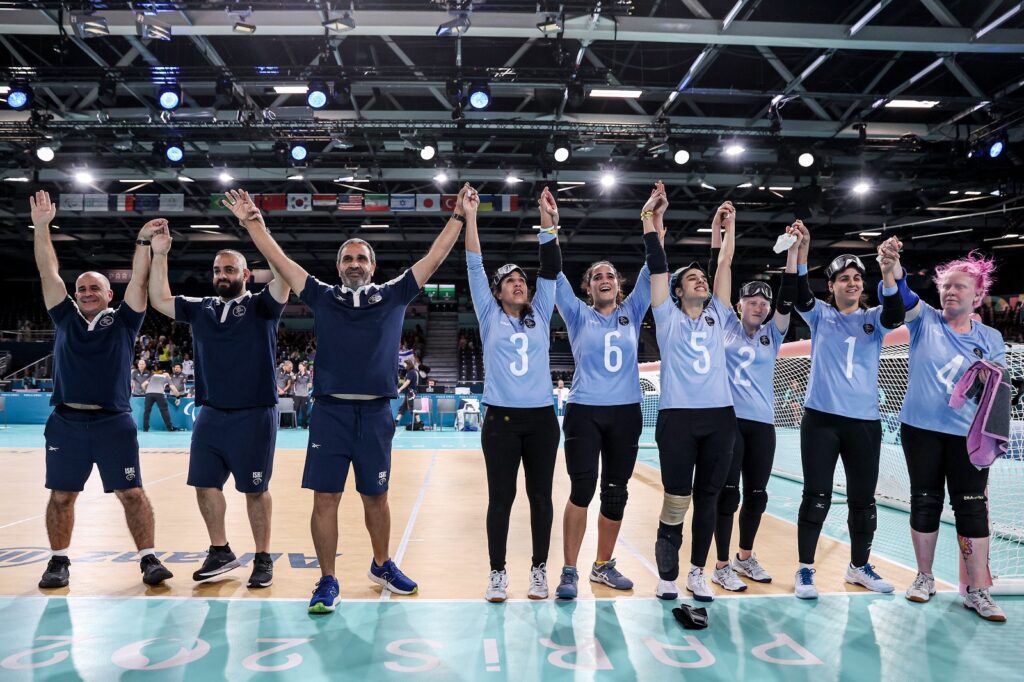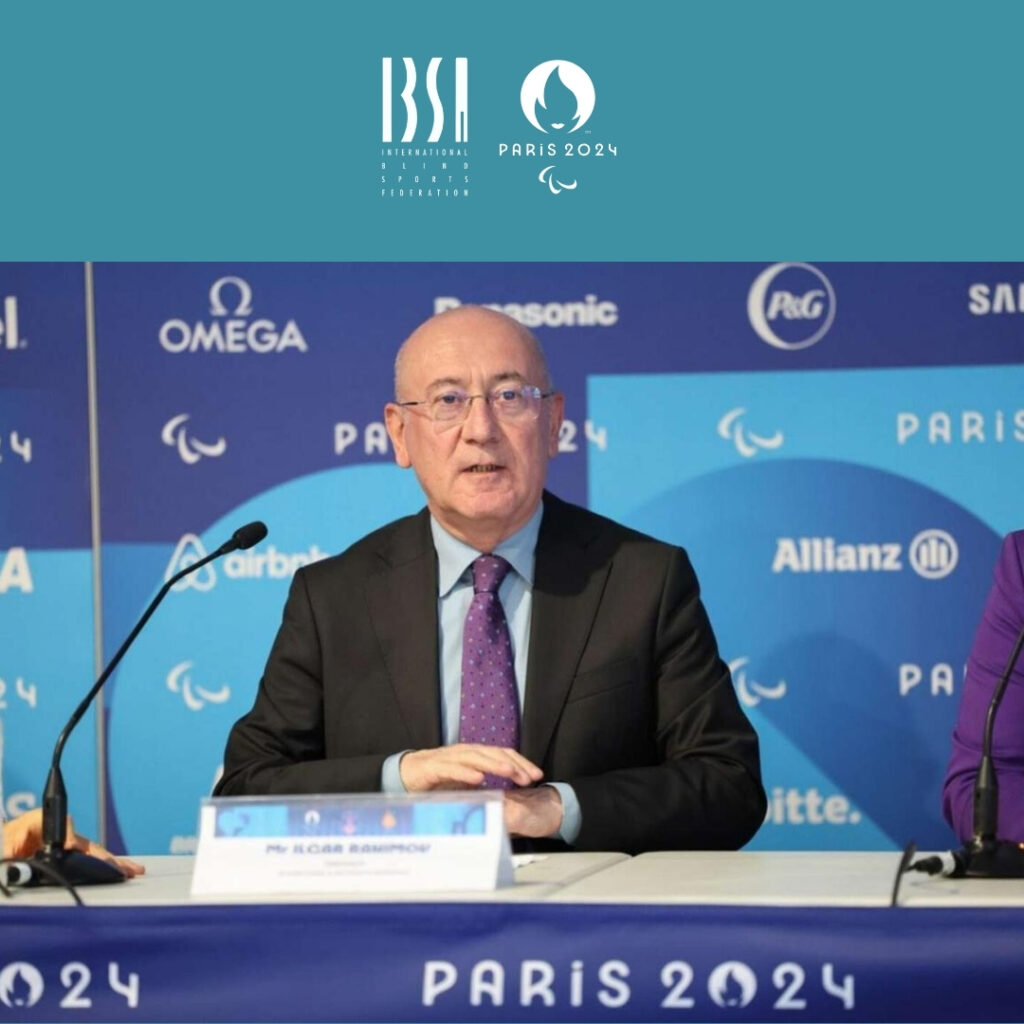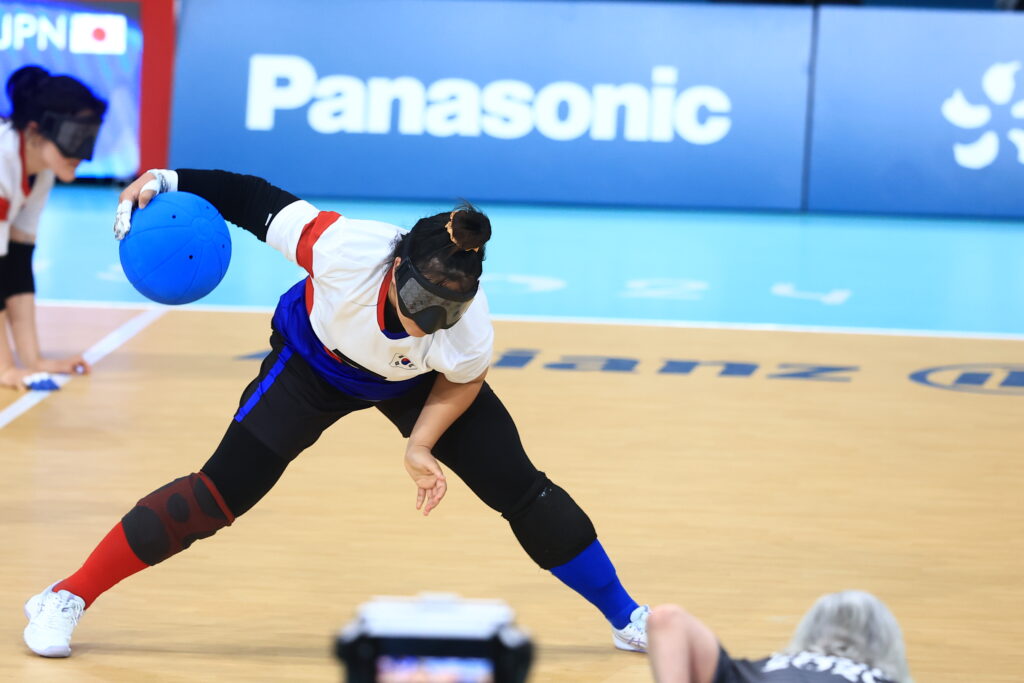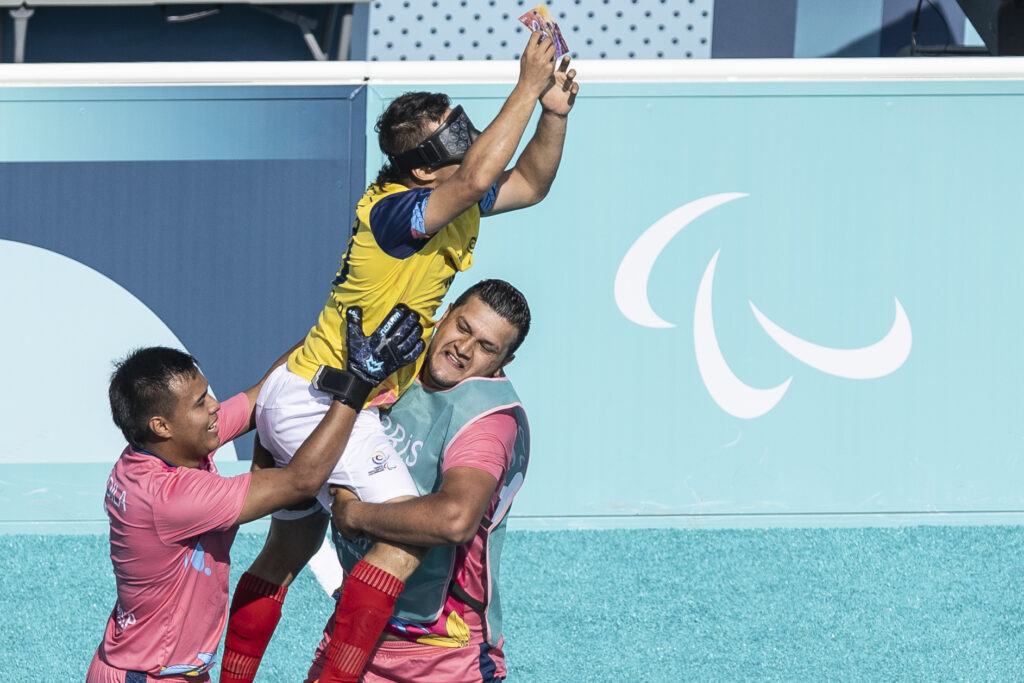News
Will Is the Engine of my Dreams
Date: August 31, 2024
Category: Paris 2024
Written by Szandra Szogedi on 28. Aug 2024
In 1997, at the age of 19, while most university students were exploring academic paths or indulging in the typical distractions of campus life, a young woman named Marta Arce Payno found herself embarking on a life-altering journey. It began with simple curiosity. Surrounded by fellow students, some of whom were visually impaired and actively participating in judo, Marta felt a spark of interest. Although she had never been one for sports, something about the discipline and camaraderie of judo drew her in. What began as a tentative step onto the mat quickly turned into a lifelong passion. Training in a municipal club in Madrid alongside both able-bodied and disabled athletes, Marta found a sense of belonging and purpose that would shape the rest of her life.
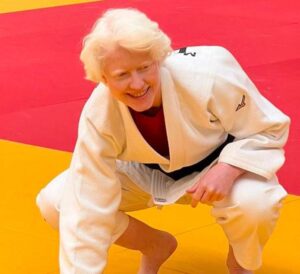
Born with albinism, the Spanish judoka had always faced the world through a lens of visual impairment and intense photophobia, her pale skin and white hair marking her as different. The challenges she faced were not just physical. “When I was a child, I had no reference points. I didn’t know anyone who lived with the same difficulties as me and although as a child I didn’t care, as time went by, I ended up feeling bad about myself for everything I couldn’t do.
Without role models who shared her experiences, Marta had to forge her own path. It wasn’t until she discovered judo that she found the strength to push past her limitations. Inspired by Spanish Paralympic athletes like Teresa Perales and Carmen Herrera, Marta began to see the possibilities within herself.
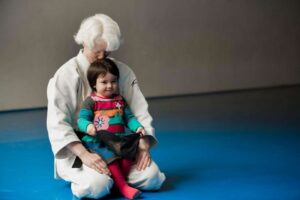
Her first judo competition came quickly. Following a few local competitions, she found herself on the European stage in Italy, a feat she could hardly have imagined just a year earlier. However, that was just the beginning and she went on to win medals at three successive Paralympic Games: Athens 2004, Beijing 2008 and London 2012. Marta often reflects on some of the key moments of those trips.
“I think that perhaps one of the most beautiful moments was winning the bronze medal at the London 2012 Games. I learned to enjoy the journey in that Paralympic cycle after experiencing earning my silver medal in Beijing 2008 as a defeat.
The Beijing Games were a turning point for me and not in a good way. I lost the final in three seconds. I retired very hurt and resentful of the sport. I had never trained so hard but, seen in perspective, I did not enjoy that time enough. There had been so much valuable work behind it from both me and my team.
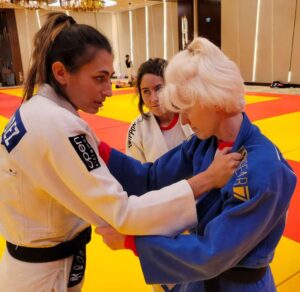
The London Games were very nice because I was able to share them with my family who came to see me, especially with my husband and my son Kenji. I lived that bronze medal as if I had won the gold.”
Life is about more than medals. After London, Marta stepped away from judo to focus on her family. Yet, the pull of the mat proved too strong. As the judo team in Spain dwindled and with no new athletes rising to take the mantle, Marta felt a deep sense of responsibility. When her daughter Yumi was just a year old, Marta returned to training. Soon, she was back on the tatami, ready to compete.
The global pandemic leading up to the Tokyo 2021 Paralympics threw a spanner into everyone’s plans, including Marta’s, “The truth is that I think covid was bad for all of us. In some ways it helped me to recover from a cruciate surgery and to regain confidence in my leg. From a psychological point of view, it was a very hard time for everyone; I felt guilty for worrying about the Games with everything that was going on.
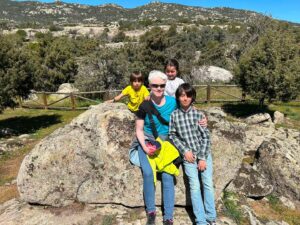
Once on site at the Tokyo Games I enjoyed it a lot because despite all the difficulties we lived through with the pandemic, we reached the Games. Japan made a great effort to celebrate and although I did not win a medal, I enjoyed the journey very much.”
Beyond Tokyo, throughout the qualification process for Paris 2024, a conspicuous film crew was following the long-established judoka, with something significant in the making, “Yes, there is a documentary that we are working on and it came about quite unexpectedly. It started during a casual coffee conversation between some close friends of my coach who are involved in filmmaking. They began discussing the strong bond we share on the women’s team, particularly the dynamic between me, as I’m nearing the end of my career, and María Manzanero, who is just starting hers. They were also intrigued by the challenges we have faced, especially for me in this cycle. I have been told that I am too old and that I don’t have a chance, which hurt more than I expected. As I slowly accumulated points and the Paris Games drew closer, they suggested documenting my journey. While I am hesitant to make any promises until I am actually there, I am focusing on the daily process. I am grateful to still be doing what I love, learning every day and giving my best, hoping it will be enough.”
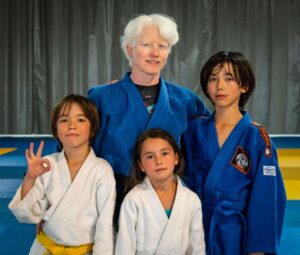
Today, as Marta prepares for Paris 2024, taking one more opportunity to do what she loves, she reflects on the changes in the sport, particularly the new J1 and J2 classifications. Initially resistant to the division, she has come to understand the importance of ensuring fair competition. The new category, with its higher level of participation, is a step forward for inclusivity in judo.
Age is just one factor. Balancing family and judo at the elite level is no small feat either, especially at the age of 47. With three children who have followed her into the dojo and a husband who shares the responsibilities at home, Marta has managed to maintain her training regimen while keeping her family at the forefront. Though the physical toll is greater now, she often feels exhausted for days after a competition, her love for the sport keeping her going. Her coach affectionately refers to her as having ‘dinosaur strength,’ a testament to her enduring power on the mat.
Off the mat, Marta dreams of a future filled with simpler joys, working as a physiotherapist and spending weekends with her family, slowing down. She’s also passionate about advocating for the inclusion and the normalising of disabilities in society, using her platform to break down the barriers that others face.
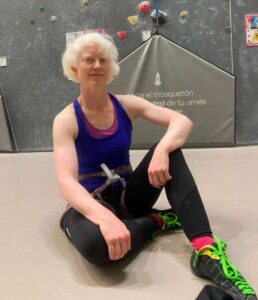
In the end, judo has done more than just provide Marta with a career, it has saved her from the dark moments in life. “I guess that among other things it saved me from myself. I grew up in an environment without accessibility and judo taught me to adapt. I think my life would have been very different if I had not encountered this sport, much sadder. Judo has taught me to be happy, to get up from every setback. In adolescence I had a very bad time and my self-esteem was quite low but when I started doing judo I understood that if you could adapt this sport so that I could do it, surely everything else too can adapt. I didn’t realise until much later how it helped me to shake off all the ‘I can’t, I’m no good’ and ‘I’m not worth it’ phrases that I had in my backpack.”
As Marta looks forward to Paris 2024, her goal is not just to win another medal but to enjoy every moment of the journey, representing not only herself but the countless people who have supported her along the way. All of this will be pursued under her own motto, “Will is the engine of my dreams.”
